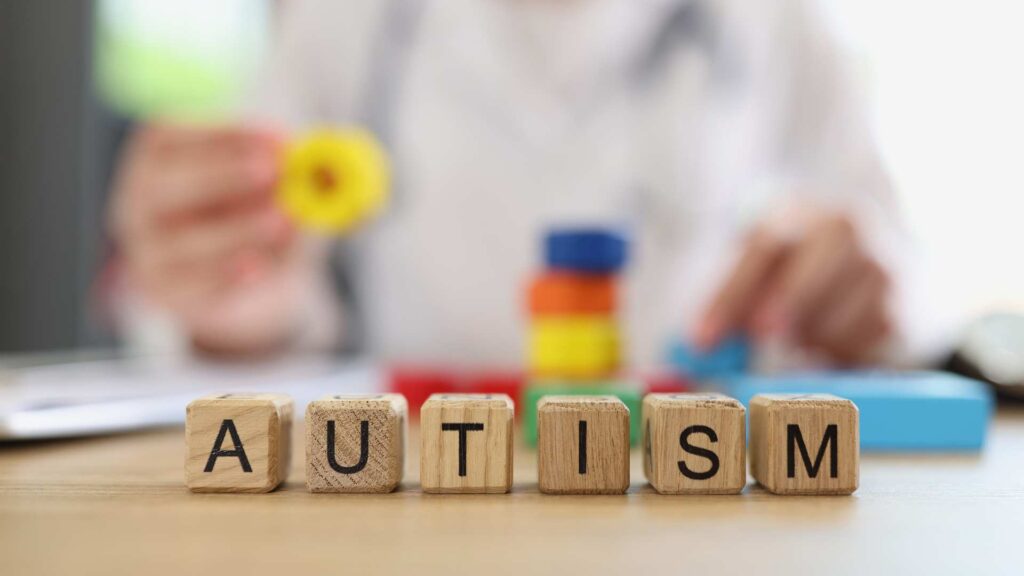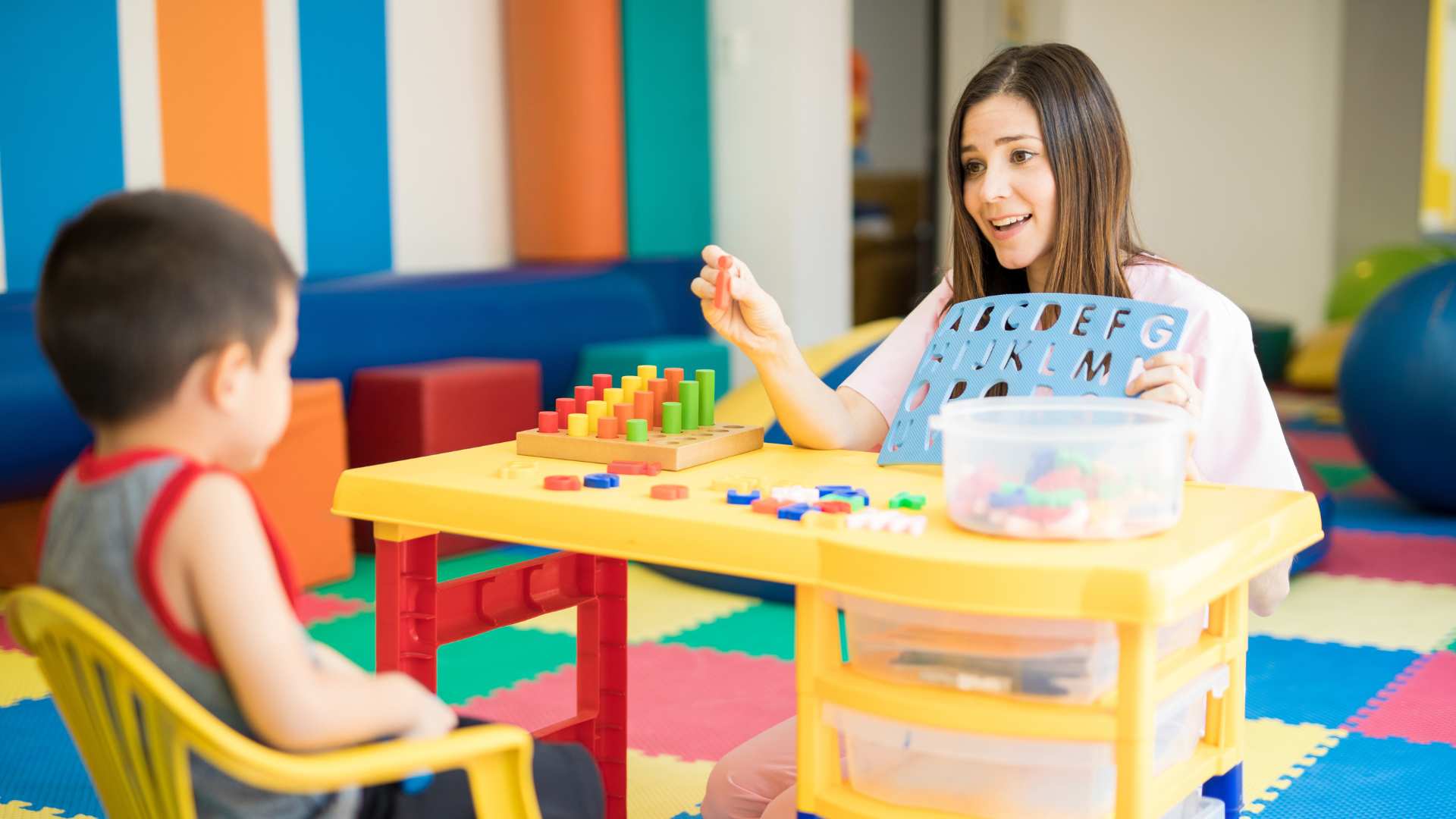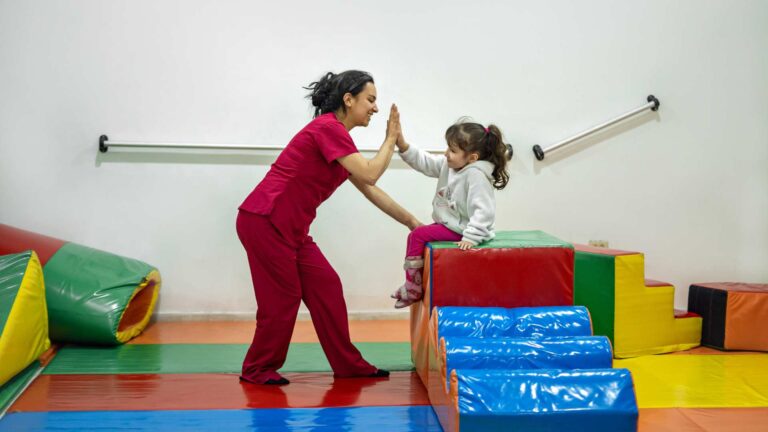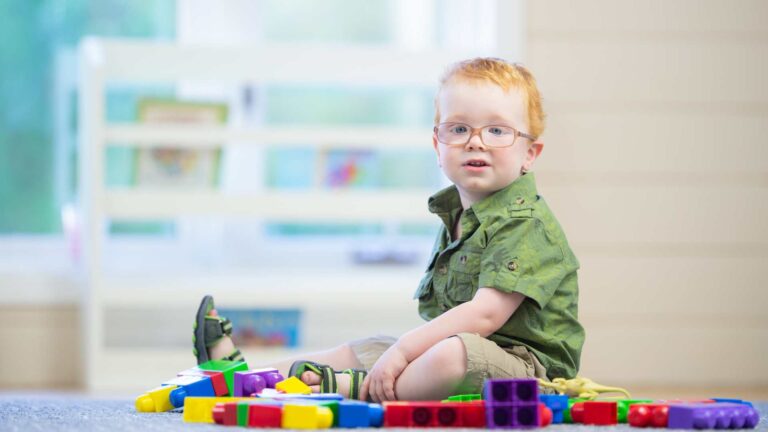Table of Contents
How do I cope with my child’s autism diagnosis?
The autism diagnosis in a loved one is not easy news to process. For many, it’s a moment of surprise and confusion: the news can come as an unexpected revelation, leaving families with questions about what the next steps should be and how to support their loved one best. This initial process can be overwhelming, filled with uncertainty and the need to understand how to navigate a new path.
On the other hand, for some, an autism diagnosis confirms what was already suspected or intuited. From early signs of development to behaviors that stood out uniquely, the journey to an official diagnosis can represent a culmination in an emotional and ongoing learning journey. While confirmation may bring a sense of clarity, it can also raise new questions about how to effectively and compassionately support the individual with autism.
In both cases, an autism diagnosis marks the beginning of a new chapter with an entire series of opportunities to learn, grow, and adapt. Each individual and family follows a unique path after receiving this news, with equally unique challenges and triumphs.
Join us in this blog by Texas ABA Centers as we provide guidance, resources, and emotional support for families in Austin, Dallas, and Houston taking their first steps after an autism diagnosis.
What You Should Know About Autism

Understanding autism involves recognizing its wide-ranging characteristics and the unique needs of each individual. When parents or caregivers receive an autism diagnosis, their healthcare provider must discuss not only the diagnosis but also provide insights into their child’s specific traits, strengths, and challenges. This understanding includes knowing the level of severity, from requiring minimal support (Level 1) to substantial (Level 2) or very substantial support (Level 3), and identifying any additional needs for specialized care.
ASD affects communication, social interaction, and behavior, presenting a diverse array of challenges that vary significantly among individuals. Typical features include difficulties in social communication, repetitive behaviors, sensory sensitivities, and a strong preference for routine.
The challenges faced by individuals with autism can range from minor, manageable difficulties, such as understanding nonverbal cues or sensitivity to sensory stimuli, to more significant challenges, like difficulty expressing emotions, severe sensory sensitivities leading to meltdowns, or barriers in social relationships.
The journey with autism often begins with learning about ASD and exploring various interventions and therapies that can provide support. This process of discovery allows parents and caregivers to empower themselves with knowledge and connect with supportive communities. Understanding autism is a continuous learning experience that involves embracing each individual’s unique attributes and advocating for their needs.
Autism Diagnosis: Next Steps
So, you’ve gone through the autism diagnosis process, received the results and the doctor’s recommendations, and read a bit online about autism. What now?
The diagnosis of autism can be overwhelming, and it’s normal to feel a mix of emotions. However, it’s essential to know that there are many resources and strategies to help you and your loved one navigate this journey effectively. Here are the steps to follow after an autism diagnosis we always advise to follow:
1. Accept and Process the Diagnosis
Give yourself time to accept and process the diagnosis. This step is crucial for making informed and positive decisions. Talk to friends, family, or a therapist about your feelings. Joining support groups in Texas for parents or caregivers of people with autism can be very beneficial.
2. Continued Education
Even though you’ve read a bit, keep learning about autism. Understanding more about the condition will help you better comprehend your loved one’s needs and potential. Look for books, articles, and online resources from reputable sources. Websites like Autism Speaks, ABA Centers , and others are good starting points.
3. Develop an Intervention Plan
Consult with professionals about the most suitable therapies. Common interventions include speech therapy, occupational therapy, Applied Behavior Analysis (ABA), and play-based therapies.
4. Access Services and Resources
Research early intervention programs available in your area. These programs can significantly impact development. Learn about the educational rights and special education services offered by the school system.
5. Establish a Routine and Structure
Individuals with autism often benefit from a predictable daily routine. Create a clear schedule that includes time for therapeutic activities, learning, and recreation. Use visual supports like calendars, schedules with images, and task lists to help set clear expectations.
6. Care for Family Well-being
It’s essential to care for the entire family unit. Find moments to share activities and quality time. Caregivers also need to take care of their physical and mental health. Don’t hesitate to seek support and take time for yourself when needed.
7. Maintain a Positive and Adaptable Attitude
Celebrate every small achievement and progress. Keep a positive and adaptable attitude towards challenges. Be prepared to adjust plans and strategies as necessary. Every person with autism is unique, and what works for one may not work for another.
Remember, you are not alone on this journey. There is a comprehensive community and resources available to support you at every step.
Early Intervention
When it comes to autism diagnosis, time is of the essence. It is crucial to begin a therapy program promptly after diagnosis. The National Institute of Child Health and Human Development (NICHD) underscores the importance of early intervention, showing that it can have lasting positive effects on the symptoms and future skills of children with autism.

Why Start Early?
The early years of life are a critical period for brain development, meaning that interventions during this time can maximize the brain’s plasticity. This process allows children to learn and develop skills more effectively. Early interventions not only address the challenges of autism but also build on the child’s strengths, helping to improve their communication, socialization, and adaptation to their environment.
Therapy Programs for Autism
One of the most recommended and effective therapies for children with autism is ABA therapy. ABA is a methodology based on the science of behavior and focuses on how the environment influences learning and behavior.
How ABA Therapy Works
Initial Assessment: The process begins with a thorough assessment to understand the child’s specific needs. This examination includes identifying strengths, weaknesses, and behaviors that need to be modified or reinforced.
Program Design: Based on the assessment, ABA therapists design an individualized program. This program sets clear and measurable goals for the child to achieve. Goals can include communication skills, social skills, academic behaviors, and daily living skills.
Implementation: Therapists use a variety of techniques to teach new skills and reduce unwanted behaviors. These techniques involve using positive reinforcement, where the child receives rewards for displaying the desired behavior, and modeling, where the therapist shows how to perform a task.
Monitoring and Adjustment: To ensure the child meets their goals, we continuously monitor their progress and adjust the program as necessary, providing flexibility to adapt to their pace and needs.
Texas ABA Centers and Autism Support
Receiving unexpected news about our loved one’s development can be a challenging experience. However, it’s essential to understand that a diagnosis of autism is not the end. It’s about recognizing that every child has a unique path and potential. An autism diagnosis is a new beginning, providing clarity and the next steps for how best to support and nurture your child’s development.
This journey can be challenging, but it is also a path with opportunities to learn, grow, and celebrate progress. At Texas ABA Centers, we have had the privilege of guiding families like you who are starting on this autism journey.
Call us at (877) 771-5725 or contact us online to discover the possibilities of what a team of professionals and a comprehensive ABA program can do for your kid’s development.









